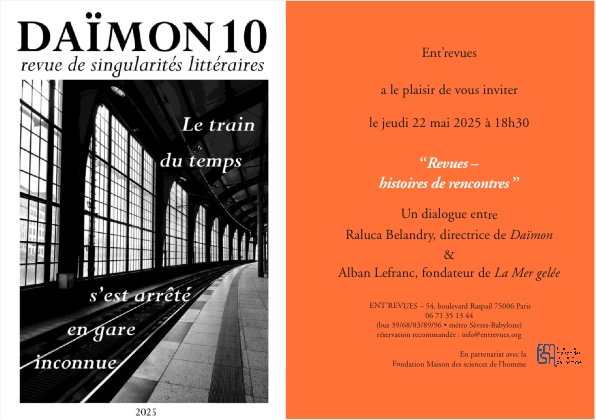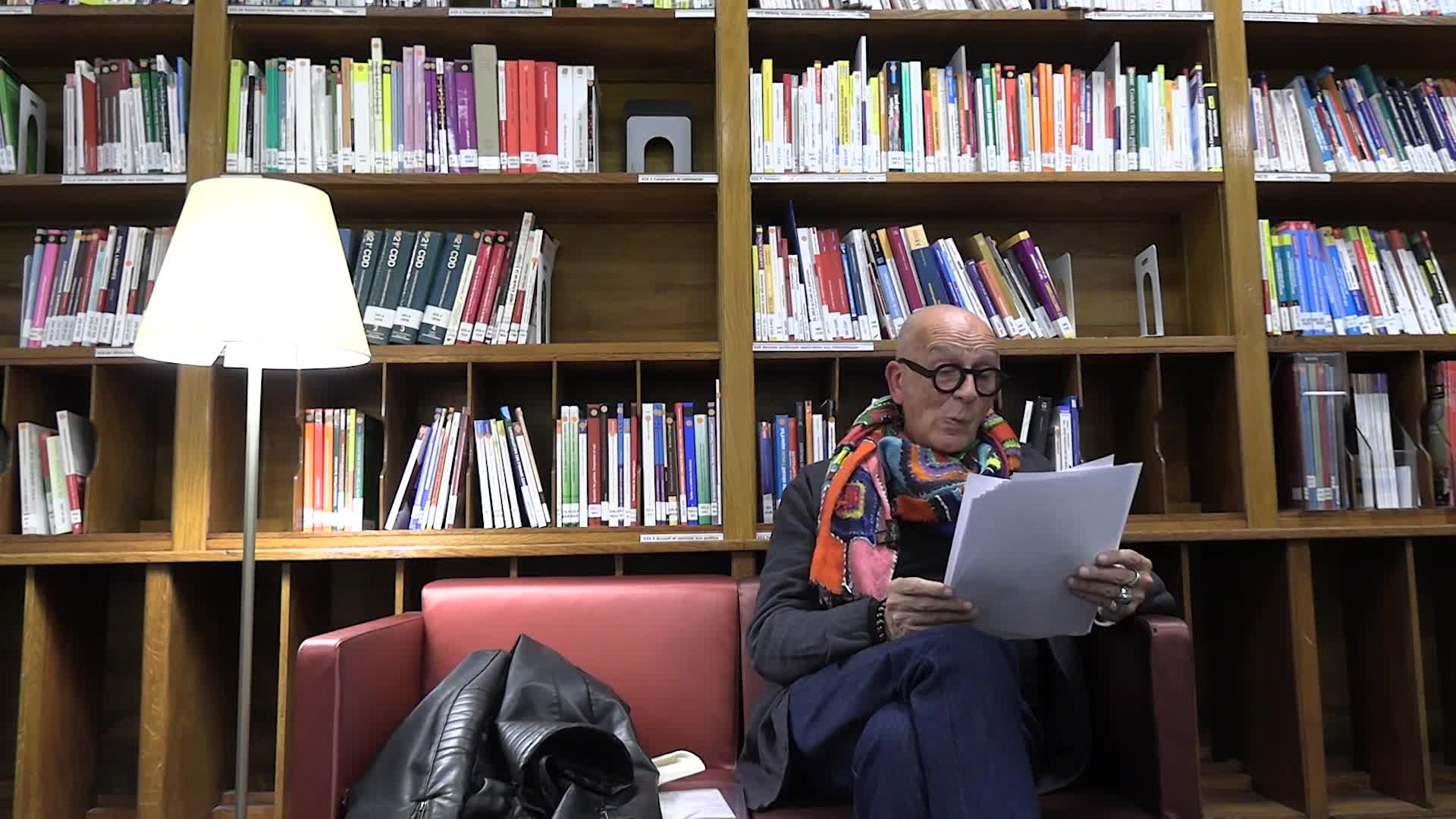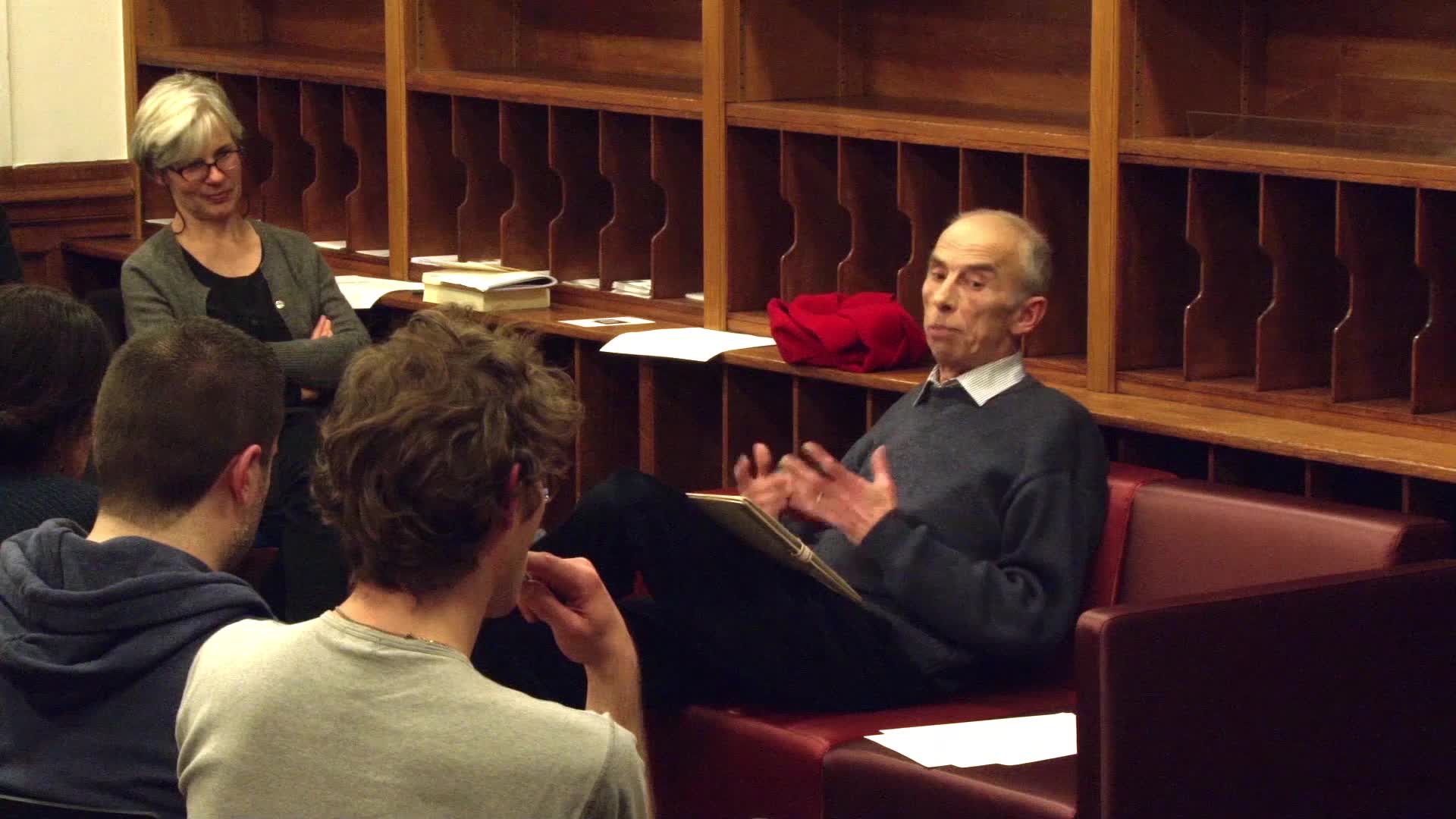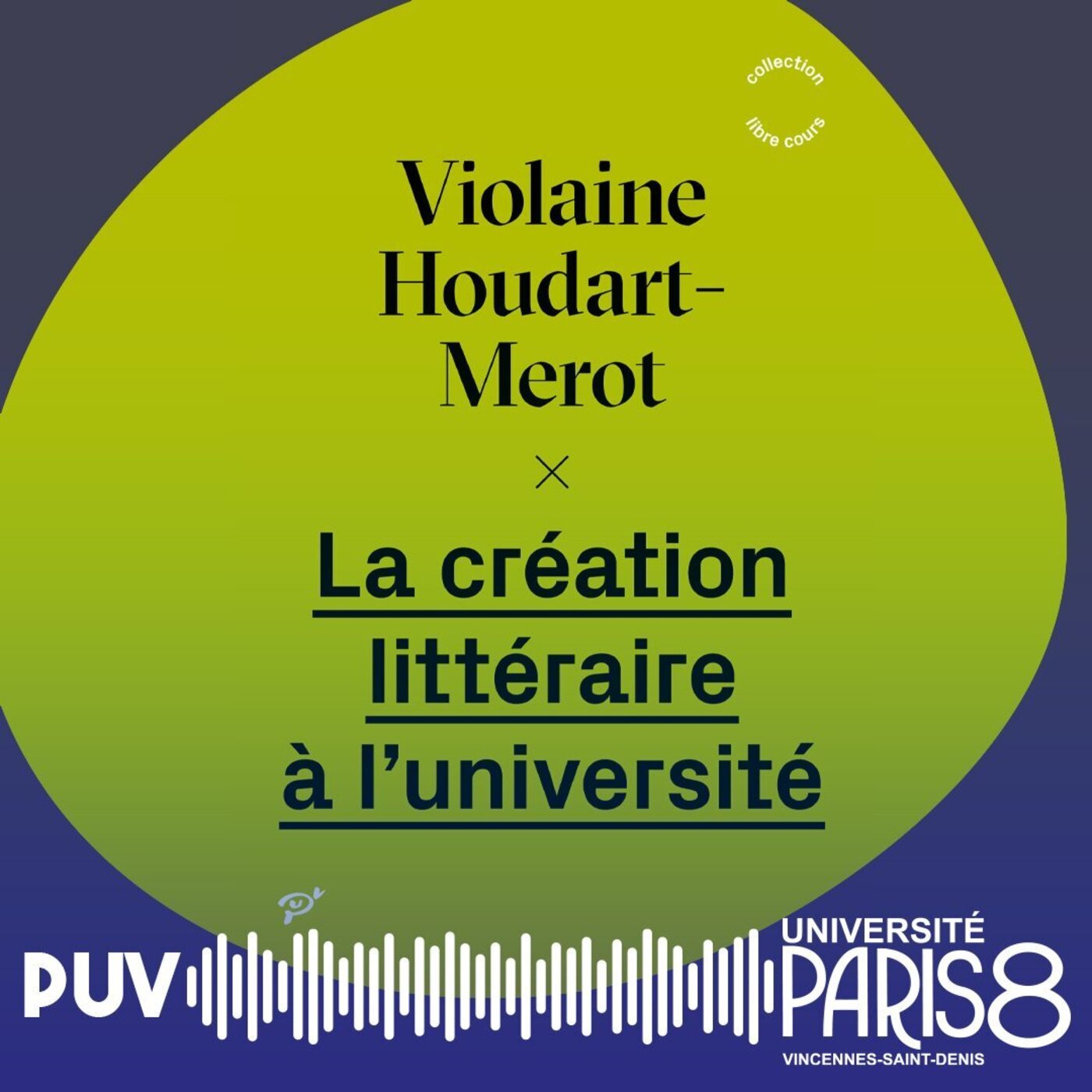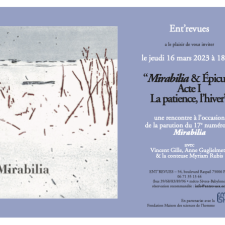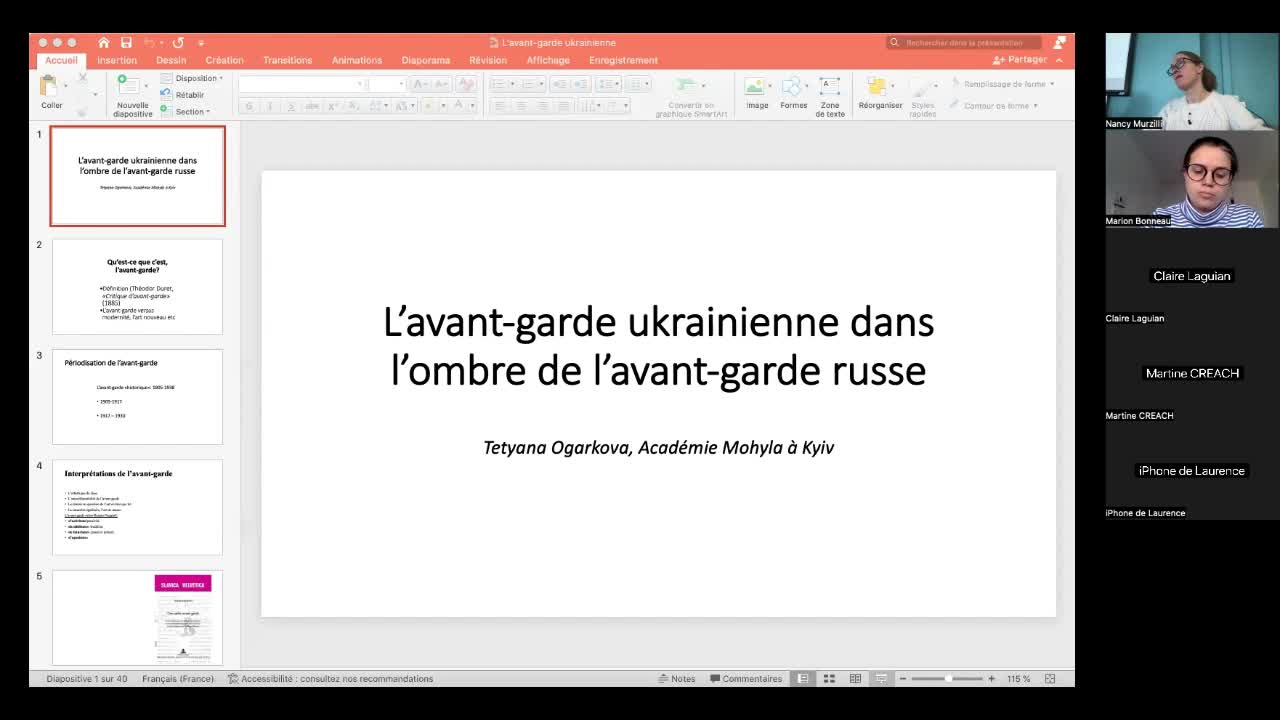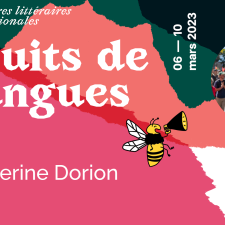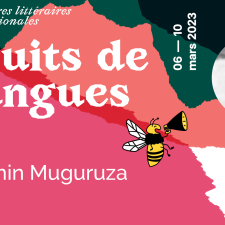Notice
MRSH Caen
Manifesting Authorship from Trauma in Ian McEwan’s "Atonement" (2001) and "Sweet Tooth" (2012)
- document 1 document 2 document 3
- niveau 1 niveau 2 niveau 3
Descriptif
Cette communication a été enregistrée lors du colloque A diachronic approach to Ian McEwan’s fiction: from sensationalism to ethical writing qui s'est tenu à Caen les 16 et 17 mars 2018, organisé par l'Equipe de recherche interdisciplinaire sur la Grande-Bretagne, l'Irlande et l'Amérique du nord (ERIBIA). Ian McEwan est un auteur britannique contemporain majeur et prolifique. Enfant terrible à qui ses premières œuvres ont valu le surnom de “Ian Macabre”, lauréat du prestigieux Booker Prize en 1998 pour son roman Amsterdam et de nombre d’autres prix littéraires pour Atonement (2001) – au programme de l’agrégation 2018--il n’a cessé d’évoluer, de se réinventer et d’expérimenter avec les codes narratifs, avec par exemple Sweet Tooth (2012, un genre de roman d’espionnage) ou Nutshell, son dernier roman paru (2016), une réécriture originale et pleine d’esprit de Hamlet. Une rétrospective critique de l’ensemble de son œuvre par des intervenants internationaux et en présence de l’auteur lui-même mettra en avant l’intérêt et la diversité de sa production littéraire.
Abstract
Ian McEwan’s Atonement (2001) and Sweet Tooth (2012) explore the formative and transformative effects of trauma on the human psyche, as well as the question of authorship as a process which emerges from individual traumatic experiences.
In both novels, the concern with human nature is built around the differences between the ordinary being and the being constructed through the production and consumption of fiction. Upon undergoing a traumatic experience (such as witnessing an act they are not ready to or facing an event they are not equipped to deal with), characters and narrators Briony Tallis and Tom Haley develop as ‘authors’ who fully embody their self-made roles by the end of the(ir) narratives. Furthermore, both ‘authors’ present their authoritarian, metafictional twists in a remarkably similar way.
This article will analyse how McEwan’s exploration of trauma rests on its resolution and on the coping mechanisms employed by these two characters. It will also discuss how 'authorship' transcends mere escapism to become the defining feature of the character’s identities, given that, after having experienced situations that previously rendered them powerless, the characters regain control over their lives through the act of becoming ‘authors’.
Sur le même thème
-
Soirée Ent'revues : "Daïmon"
BelandryRalucaLefrancAlbanRencontre avec Raluca Belandry et Alban Lefranc autour de la revue Daïmon
-
Le Livre en question 7 : Thierry Magnier
MagnierThierryLecture de Thierry Magnier : une création originale inspirée par les collections de la BIS.
-
Le Livre en question 1 : Pierre Bergounioux
BergouniouxPierreLecture de Pierre Bergounioux : une création originale inspirée par les collections de la BIS
-
La Création Littéraire à l'Université de Violaine Houdart-Merot aux Presses universitaires de Vince…
Houdart-MerotViolaineLa création littéraire ? Mais ça ne s’apprend pas ! Réponse souvent entendue quand il est question de ce qu’en France on ne considère pas comme une discipline universitaire. Peut-on enseigner l’art d
-
Le Pas de Saladin. Sources et enjeux de la création littéraire d'un passage infranchissable dans le…
SellamiJoudaCommunication dans le cadre de la table-ronde : Détroits et passages « Dedans / Dehors » « GlobalMed – La Méditerranée et le monde de la Préhistoire à nos jours. Approches interdisciplinaires et
-
Ent'revues : Soirée "Mirabilia"
GilleVincentGuglielmettiAnneRubisMyriamRencontre avec Vincent Gille, Anne Guglielmetti et la conteuse Myriam Rubis à l'occasion de la parution du 17e numéro de "Mirabilia".
-
Conférence de Tetyana Ogarkova : « L’avant-garde ukrainienne dans l’ombre de l’avant-garde russe »
OgarkovaTetyanaL’équipe FabLitt a eu le plaisir de recevoir, le 4 avril 2023, Tetyana Ogarkova (professeure à l’Académie Mohyla, professeure invitée du Département de Littérature française, francophone et comparée
-
Rencontre avec Catherine Dorion
Rencontre avec l'autrice, comédienne et militante politique du Quebec, Catherine Dorion
-
Rencontre avec Arno Bertina
BertinaArnoConsidérant que sa « langue natale, c’est le roman », Arno Bertina se construit autour d’un langage et d’une littérature variée, l’amenant à co-fonder le collectif d’écrivains autour de la revue et de
-
A la page - RCI - Présentation de Brain It Out et du Festival en Pays Rêvé
LefrançoisFrédéricAugustinAudreyLavenairePascaleLazloViktorCatalanLindsayA la page - RCI - Présentation de Brain It Out et du Festival en Pays Rêvé
-
Rencontre avec Fermin Muguruza
Entretien avec le chanteur et cinéaste, Fermin Muguruza lors du festival international Bruits de Langues 2023
-


